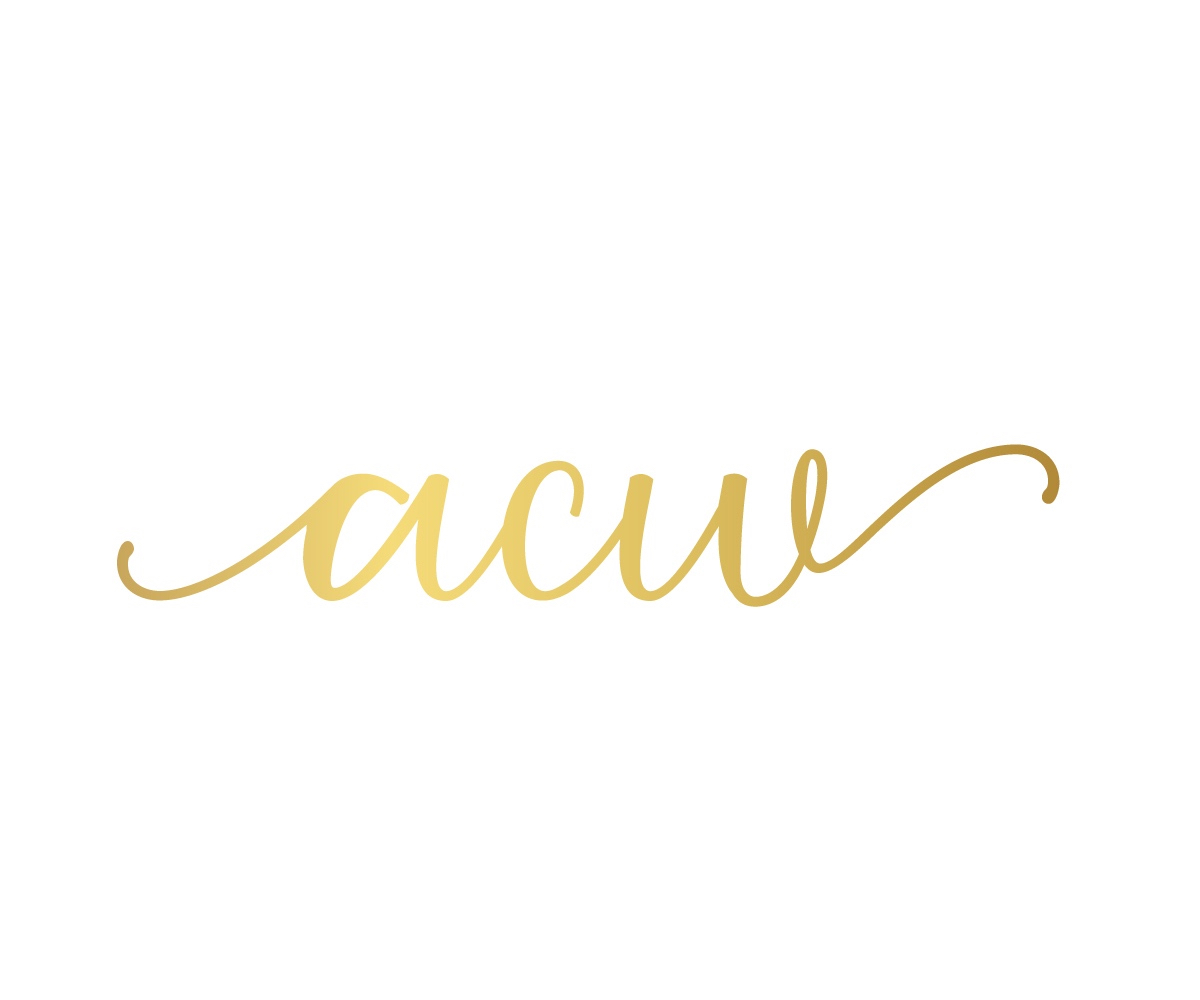When many people think of Attention-Deficit/Hyperactivity Disorder (ADHD), they picture energetic children who struggle to sit still. But ADHD doesn’t go away with age—it often continues into adulthood. In fact, millions of adults live with ADHD, many without even realizing it.
What Adult ADHD Looks Like
ADHD in adults can look different than it does in children. While hyperactivity may decrease, challenges with focus, organization, and self-regulation often remain. Some common symptoms include:
Difficulty staying focused: Trouble finishing tasks, losing track of conversations, or being easily distracted.
Disorganization: Chronic lateness, misplaced items, and struggling to manage time or priorities.
Impulsivity: Speaking without thinking, difficulty waiting, or making quick decisions without weighing consequences.
Restlessness: Feeling “on edge,” struggling to relax, or constantly seeking stimulation.
Emotional regulation difficulties: Mood swings, frustration, or feeling overwhelmed by stress.
These patterns can affect relationships, work performance, and daily life.
Why ADHD Is Often Missed in Adults
Many adults don’t realize they have ADHD because their symptoms were never recognized in childhood or were misattributed to personality traits. Others may have developed coping strategies that mask the signs—until life demands (like career changes, higher education, or parenting) stretch those strategies thin.
Strengths of Adults with ADHD
While ADHD brings challenges, it also comes with unique strengths. Many adults with ADHD are:
Creative thinkers who generate innovative ideas.
Highly energetic and passionate when engaged in tasks they enjoy.
Resilient problem-solvers who adapt quickly in dynamic environments.
Strategies and Treatment Options
ADHD in adults is highly manageable with the right supports. Helpful approaches include:
Medication: Stimulant and non-stimulant medications, prescribed by a healthcare provider, can improve focus and self-regulation.
Therapy and Coaching: Cognitive-behavioral therapy (CBT) and ADHD coaching help build organizational skills and coping strategies.
Practical Tools that go beyond the typical planners. Specialized reminder apps and time-blocking methods can support daily structure.
Lifestyle Habits: Exercise, adequate sleep, and balanced nutrition play an important role in managing symptoms.
Moving Forward with Understanding
Living with ADHD as an adult can be frustrating, but with awareness and tailored support, it is entirely possible to thrive. Recognizing the signs is the first step toward accessing resources and building strategies that highlight strengths rather than only focusing on challenges.
If you suspect you might have ADHD, reach out to your PCP or ACW today!

